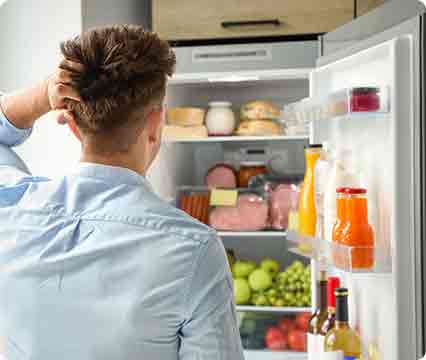Influence of the fat/carbohydrate component of snack food on energy intake pattern and reinforcing properties in rodents (animal)
While snacking models have shown that potato chips’ impact on energy intake correlates to their fat/carbohydrate content (FCHc), this 2019 study aimed to evaluate whether this fat/carbohydrate content can also influence the energy intake patterns and reward processing of rodents. The snacking model used in this study treated the satiated rats to foods rich in FCHc for 10 minutes three times a day. The rodents were discovered to consume higher levels of energy in a day when these FCHc-rich foods were unavailable, compared to days without access. There were also signs of binge eating episodes, with the animals eating 55% of their daily energy intake at times of limited high fat/carbohydrate feed access. When these fat- and carbohydrate-rich snacking opportunities were removed for six weeks and reintroduced to the rodents, not only did the total daily energy consumption rise, but the relative quantity of energy obtained from the FCHc-rich foods were also greater. In comparison with standard chow, snack foods and fat/carbohydrate foods were potent food reinforcers in satiated mice. The fat and carbohydrate content of the feeds appear to possess strong reinforcing properties and are likely to be influential in the alteration of food intake patterns and quantity when animals are given unrestricted food access. [NPID: behavior, reward, fat, carbohydrates, carbs, binge eating]
Year: 2019
 Navigation
Navigation






